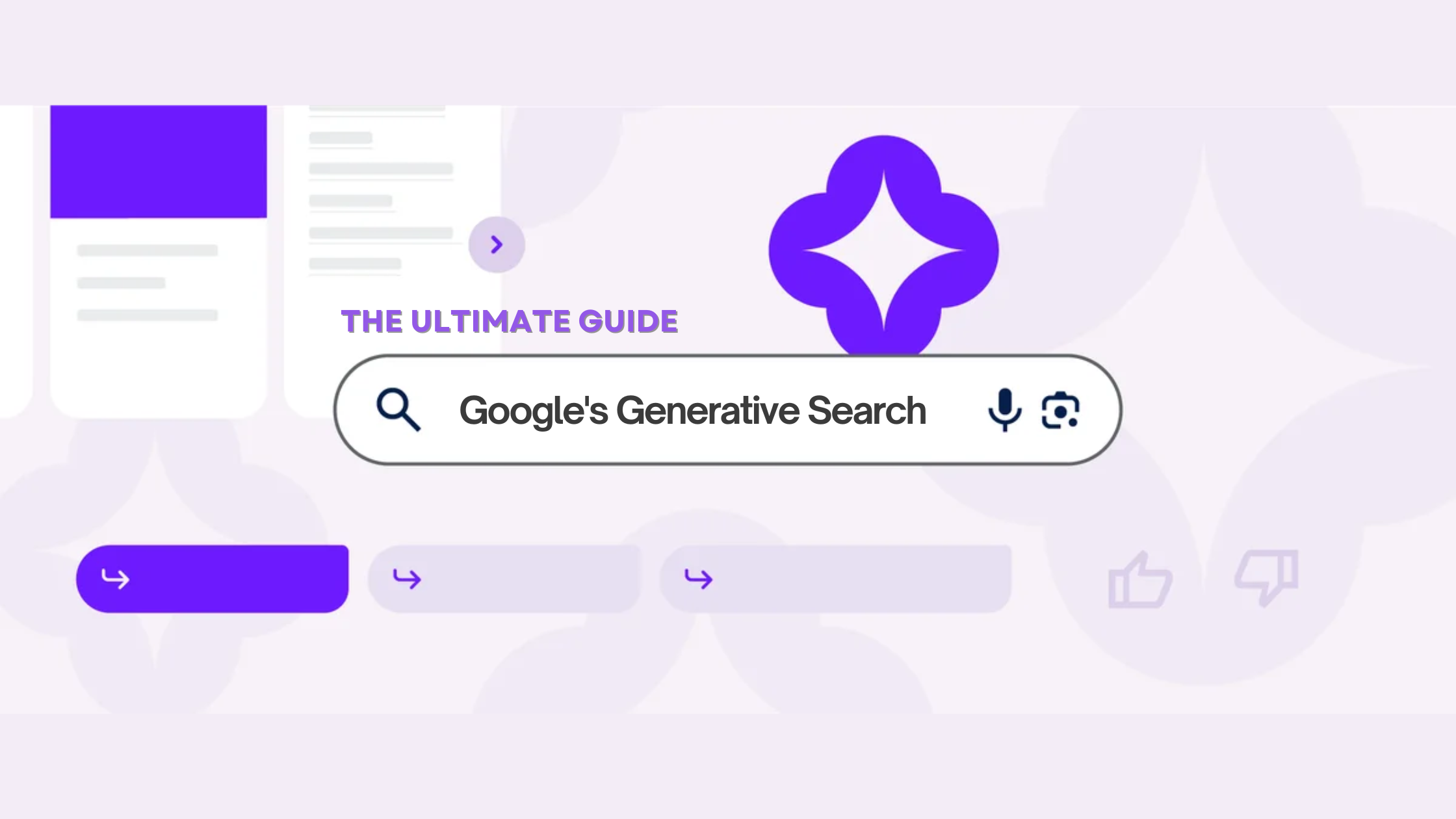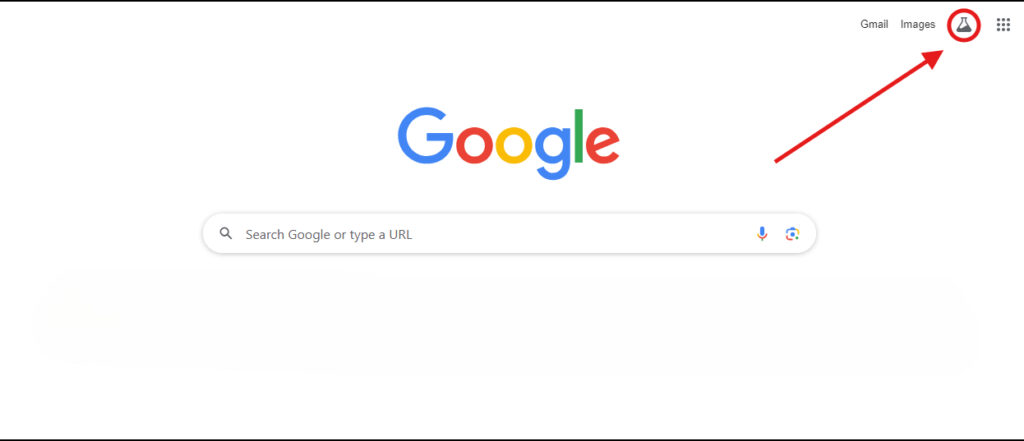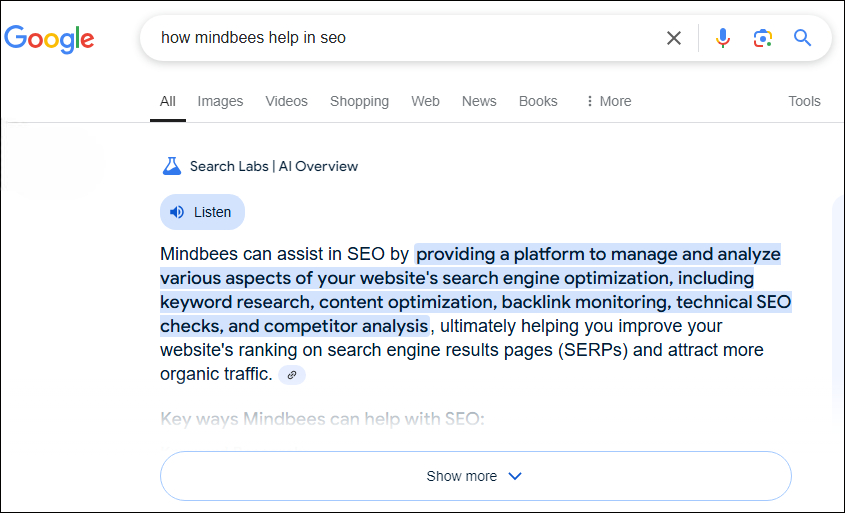
The way we search online is changing big time, thanks to generative search powered by advanced AI. It’s no longer just about matching keywords; now search engines aim to give personalized, intuitive, and detailed results. This means searches are becoming more conversational, offering answers that feel like they’ve been written just for you. As AI continues to evolve, it’s reshaping the way we interact with information and discover content. With this shift, businesses need to step up with a fresh approach called Generative Engine Optimization (GEO). Let’s break down what generative search is all about, how GEO is making waves, and how both are shaking up the SEO game.
Generative search represents a paradigm shift in how information is retrieved and presented. Unlike traditional keyword-based search engines that pull up matching content, generative search leverages AI to create original, nuanced, and contextually rich answers.
For instance, Google’s AI Overviews (formerly known as Search Generative Experience, or SGE) integrate AI-generated summaries alongside relevant links and product descriptions. Users can even refine their queries with follow-up questions, creating an interactive, tailored search journey.
This new approach doesn’t just find answers – it generates them, pulling from a mix of pre-existing data and real-time information to provide an accurate and user-centric experience.
At the core of generative search are AI models trained on massive datasets that include text, code, and multimedia content. These models rely on advanced natural language processing (NLP) to interpret the nuances of human language, including intent and context.
Here’s how the process works:
Google’s approach enhances trust by pulling information from verified, authoritative sources. This ensures results are not only accurate but also aligned with the latest developments in the respective fields.
In the ever-evolving world of digital visibility, a new star has risen – Generative Engine Optimization (GEO). Born from the rapid advancements in AI, GEO is not just a strategy; it’s a response to a new era of search. As traditional SEO bends under the weight of AI-driven platforms like ChatGPT, Google AI Overviews, Perplexity, and Bing’s enhanced search, GEO takes the lead.
Think of it as the next chapter in how we connect with information – a way to make your content not just findable but irresistible to these intelligent systems. GEO doesn’t just target keywords; it crafts experiences, ensuring your content speaks the language of AI while staying meaningful for human readers. It’s not just an evolution – it’s a revolution reshaping how businesses are seen in this brave new digital world.
GEO is all about tuning your content to play nice with AI algorithms, boosting visibility in AI-driven search results. It goes beyond traditional SEO by considering how AI interprets, prioritizes, and presents content. The ultimate goal? To increase a brand’s visibility in AI-driven platforms, attract targeted traffic, and convert visitors into loyal customers.
How GEO Differs from SEO
While traditional SEO focuses on improving rankings on search engines like Google and Bing, GEO takes things to a whole new level. It emphasizes optimizing content specifically for AI-driven systems that generate responses, such as ChatGPT or Google AI Overviews. This approach requires a much deeper understanding of how AI algorithms work, what users intend to find, and how to structure content in a way that resonates with these advanced platforms.
Moreover, GEO prioritizes creating content that feels intuitive and conversational – just the way AI delivers it. Unlike SEO, which often relies heavily on keyword placement, GEO demands creativity and a focus on context to engage audiences effectively. It’s not just about being seen; it’s about being the best answer AI platforms can provide.
Why GEO Matters
Generative search platforms are quickly taking over the digital world, with millions of users relying on AI-generated responses daily. This shift means businesses need to adapt to ensure their content remains accessible and valuable in this evolving landscape. Without GEO, even the most perfectly optimized content can lose visibility as AI-powered platforms become the primary way people search for information.
Additionally, as these systems get smarter, they favor content that not only answers queries but also provides context, depth, and relevance. Transitioning to GEO ensures your brand isn’t just included in AI-generated results – it’s featured prominently. Staying ahead in this new era of search isn’t just a competitive advantage; it’s a survival tactic.

Implementing GEO might seem like a tall order, but it’s all about creating thoughtful, AI-friendly strategies. Each step builds on the last, ensuring your content aligns with audience needs and AI expectations. With a blend of creativity and technical precision, GEO transforms traditional SEO into something future-ready. Start today, and let your brand thrive in the AI-driven search era!
The foundation of GEO lies in understanding audience behavior and AI preferences. Here’s how to get started:
Optimizing content for AI means more than stuffing keywords – it’s about structure, relevance, and value.
Ensure AI systems can access and interpret your content seamlessly.
Visibility depends on where your content is shared. Expand your reach by targeting platforms frequented by your audience.
In an AI-driven world, authority matters more than ever.
GEO isn’t a one-time task – it’s an evolving process. As AI search platforms grow smarter, brands must continually adapt their strategies. Regularly analyze performance metrics, gather audience feedback, and refine content to stay ahead of AI algorithms.
Generative search is completely changing how PPC campaigns work. As AI continues to evolve, it’s not just about showing up for any search, but rather for the ones that matter. With AI offering more detailed and direct responses, businesses now need to rethink their strategies to stay visible. For example, ads will need to become more precise, reaching users at just the right time and with the right message. This shift pushes PPC advertisers to get creative, crafting copy that cuts through the noise and aligns with AI-driven results. It’s all about making your ad stand out in a world where AI is doing a lot of the heavy lifting.
The implementation of Search Generative Experiences (SGE) is expected to significantly impact advertisers’ reliance on click-through rates (CTR).
Advertisers are being encouraged to shift focus away from traditional metrics like CTR and cost per click (CPC).
Instead, the emphasis is moving towards outcome-driven metrics such as:
This shift highlights a broader trend of prioritizing overall business outcomes over basic engagement metrics.

As generative search continues to shape the digital landscape, its influence extends far beyond traditional SEO and PPC. This evolution is prompting businesses to rethink their broader marketing strategies to stay competitive. From content marketing to social media and even customer service, here’s how generative search is transforming these key areas of marketing:
By adjusting strategies across these areas, businesses can leverage generative search to enhance their marketing efforts and better serve their customers.
Generative search is just getting started, but its potential is massive. As AI models advance, the role of generative search will only grow stronger, reshaping how we retrieve and engage with information online. Businesses that embrace this change and adapt their strategies will be at the forefront of the evolving digital landscape.
This shift marks the beginning of a new age in search engines, where AI models provide users with more personalized, detailed, and interactive results. Generative search isn’t just a trend – it’s a revolution in how we access and process information. It’s clear that businesses need to stay ahead of these advancements to remain competitive.
To stay relevant, businesses must evolve with generative search and integrate AI-driven strategies into their online marketing efforts. By doing so, they can boost their visibility, enhance user engagement, and ultimately thrive in this changing digital world.
Generative search and GEO are flipping the digital marketing game upside down! If you’re ready to level up your SEO and get ahead of the curve, this is your moment. It’s all about staying flexible, creative, and smart in this AI-driven world.
Want a guide through the chaos? Let MindBees take the wheel and steer you toward success with strategies built for the future. From mastering GEO to mastering SEO, we’ve got your back – let’s make your business the next big thing online!